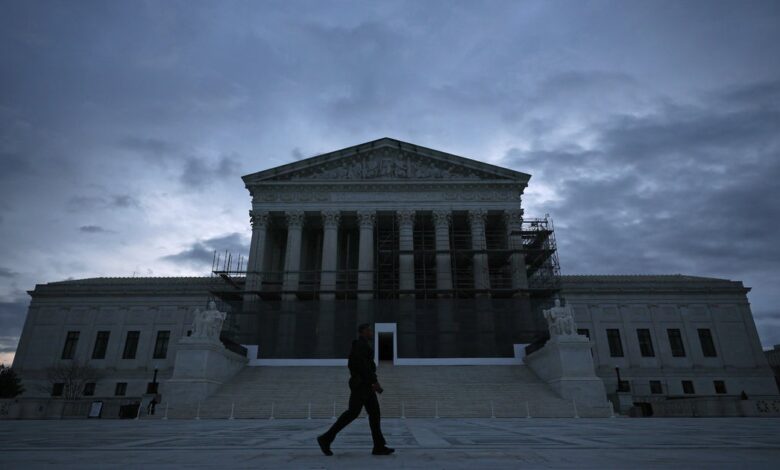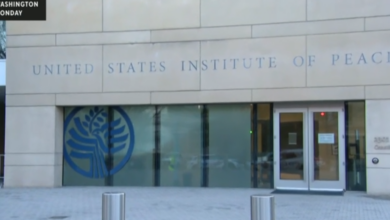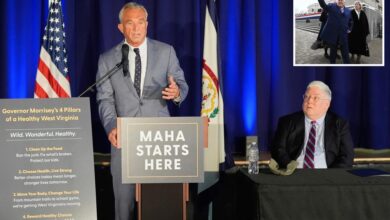FCC fund to expand phone and internet access faces Supreme Court scrutiny

The Supreme Court is currently deliberating on a case that could impact the Federal Communications Commission’s Universal Service Fund, a multi-billion-dollar mechanism aimed at expanding phone and internet access to low-income and rural communities. The case, FCC v. Consumers’ Research, questions whether the fund violates the nondelegation doctrine, a legal concept that restricts Congress from delegating its legislative powers to executive branch agencies.
The Universal Service Fund, established in 1996, is funded by contributions from communication carriers and provides subsidies for phone and internet services to underserved populations. The case before the Supreme Court raises concerns about the constitutionality of the fund and the extent of the FCC’s authority in administering it.
During arguments, Justice Elena Kagan emphasized that the fund is intended to provide essential services to those in rural and low-income areas, with constraints imposed by the telecommunications law. However, Justice Neil Gorsuch raised concerns about the fund operating as a tax without defined limits, prompting questions about the FCC’s power and the delegation of authority to private entities.
The case also addresses broader implications for regulatory power and the role of federal agencies in implementing programs like the Universal Service Fund. Supporters of the fund argue that it has significantly expanded access to communication services for schools, libraries, rural health care providers, and millions of low-income households.
While some appeals courts have rejected challenges to the fund, the Supreme Court’s decision in this case could have far-reaching consequences for similar programs overseen by federal agencies. Both the Trump and Biden administrations have defended the constitutionality of the Universal Service Fund, emphasizing the importance of maintaining vital services for underserved communities.
As the Supreme Court prepares to issue a ruling by the end of June, stakeholders are closely watching the outcome and the potential impact on access to essential communication services for millions of Americans. The case underscores the ongoing debate over the scope of regulatory power and the balance between congressional authority and administrative discretion in implementing public programs.





